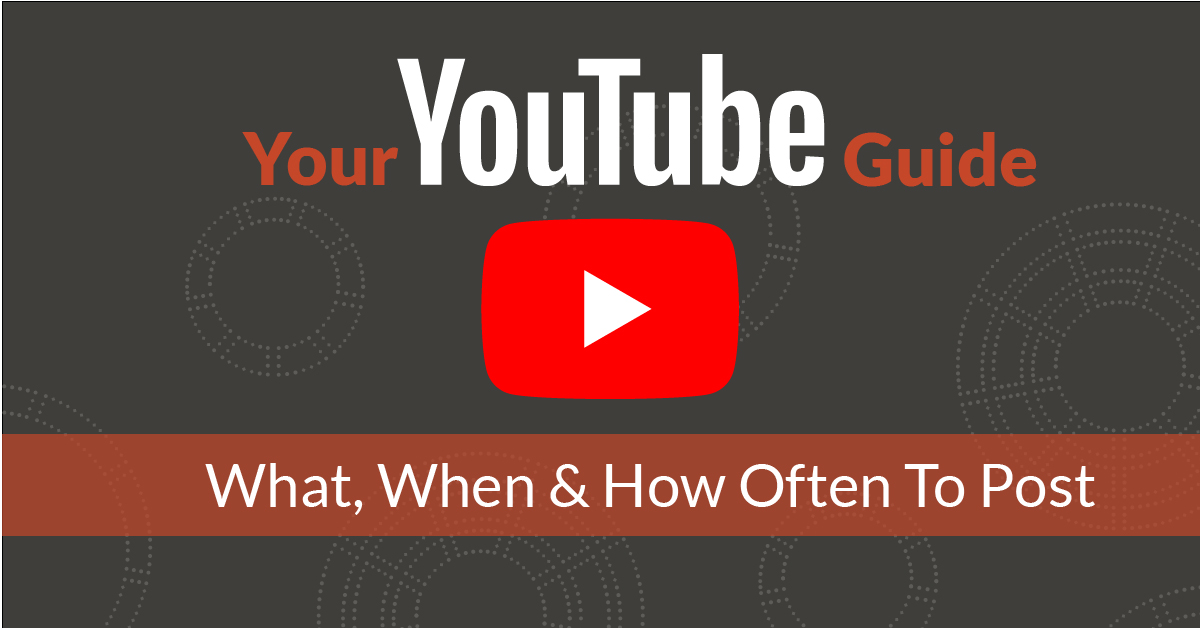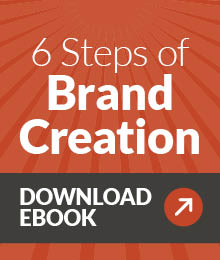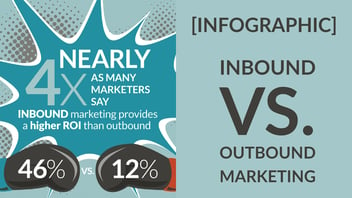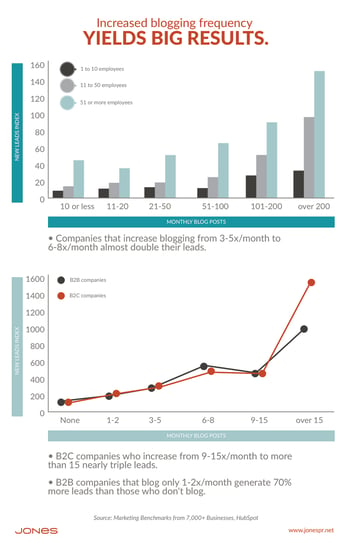Your YouTube Guide: What, When & How Often To Post (infographic)
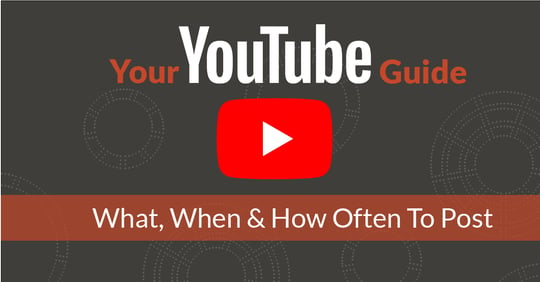
Video is the fastest growing segment of content marketing today, and YouTube is a key part of marketers’ video strategies, providing a hosting site and social outlet, and serving as, essentially, the world’s second most-used search engine after Google.
No wonder 8 in 10 marketers are using video in their marketing campaigns. (Source: HubSpot)
Yes, YouTube is great for music, gameplay videos that your kids watch instead of playing their own games, and DIY guides. But it is also a powerful way of reaching B2B decision makers through their preferred medium. Nearly 6 in 10 executives prefer watching video to reading text, so it just makes sense to provide them the content they want in the format they prefer.
But how to optimize your use of YouTube for B2B marketing? Check out the best practices outlined in the infographic below.

First, the “what”—What should I post on YouTube?
As you start a YouTube brand account, one of the first videos you will want to include is the “channel trailer”—essentially a 30-60 second video version of your account description.
From there, consider these eight categories of videos that your brand might use:
- Customer testimonials
- On-demand product demos
- Explainer and tutorial videos
- Thought leader interviews
- Project reviews and case studies
- YouTube Live
- Video blogs
- Event videos
Then, “how”—as in, “how often should I post on YouTube?”
If you have the resources to create and post a new video each week, that would be perfect. But that may not be realistic for most small to mid-sized companies. Instead, focus your efforts on identifying a regular schedule in which you can reliably create and post high quality videos. Don’t rush the process or post poorly-crafted content just to meet an arbitrary weekly target.
Now, when should I post on YouTube?
Whether you are posting a new video once a week, once a month, or even once every six weeks, think about the timing for when that new video will publish to YouTube. The best time to post is between 2 and 4 p.m. Central or Eastern time, which provides an opportunity for YouTube to index your video before the prime viewing hours of 7-10 p.m.
Or, if you prefer to have your video post on a weekend, post earlier (10-11 a.m.) to catch the higher traffic levels in the afternoons on Saturdays and Sundays.
Of course, YouTube is only one place you can and should use the marketing videos you create for your brand. They can also be important parts of your website content, add variety to business blog posts, draw additional shares and engagement on your other social media channels, and even be a part of multimedia presentations used at in-person events or one-on-one meetings.
Check out these resources to help you plan marketing videos that integrate with the rest of your marketing campaign and to ensure you are using them in as many ways as possible to maximize ROI.
- Secrets To Video Marketing Success: What West & JONES Did Right blog post
- Maximizing Marketing Videos Checklist
- 5 Decisions To Make When Planning Video Marketing Content blog post
- Marketing Video Planning & Promotion template
JONES has experience incorporating video into full-funnel marketing campaigns that cross channels with content that complements and fuels your overall marketing strategies and corporate lead generation and sales goals. If this is something you want to incorporate into your own marketing strategy, let’s talk about how JONES can help. Schedule a time on my calendar here for a no-obligation consultation call.


